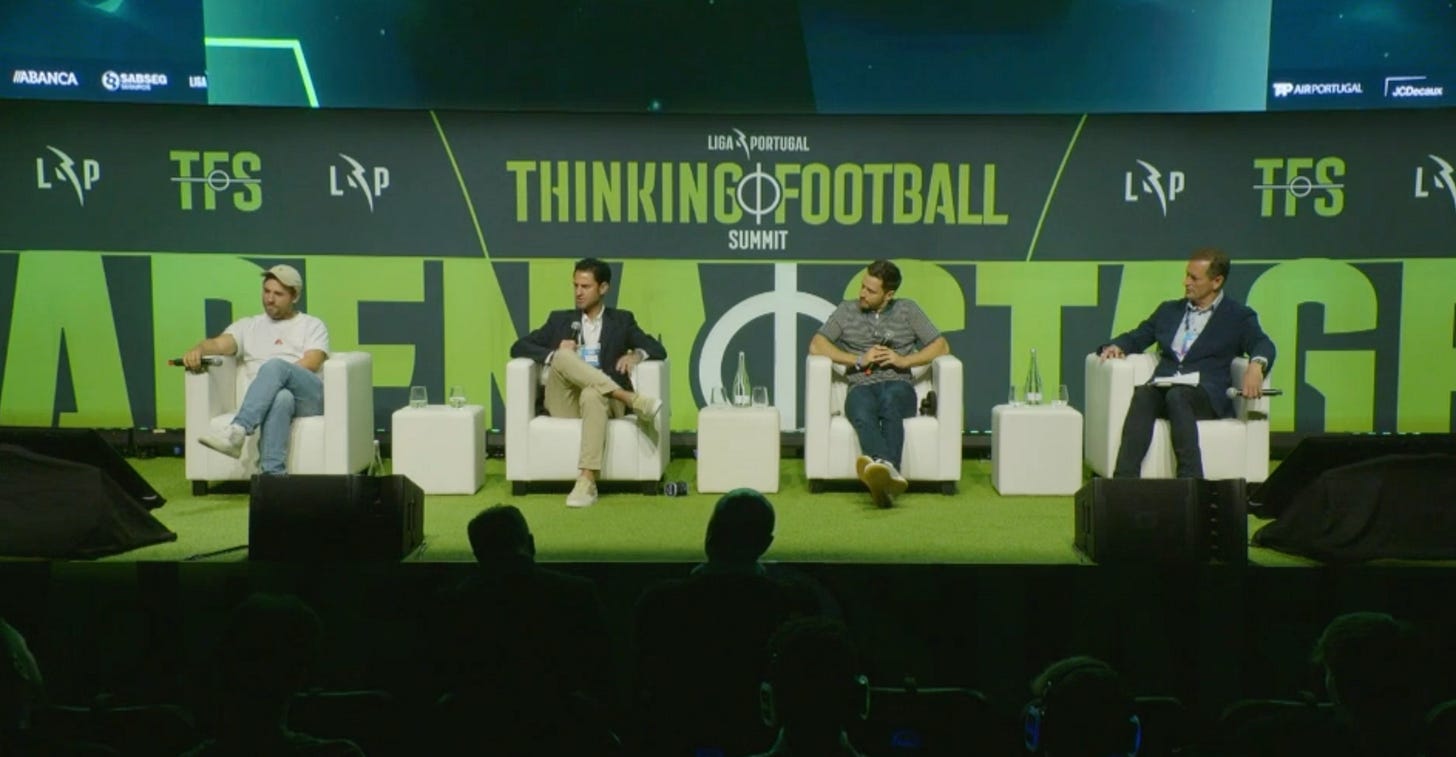Reverse-Engineering Fandom For A Creator-First World
A new paradigm is emerging—one that challenges traditional notions of how teams, leagues, and content are built and consumed
Last week, I had the privilege attending the Thinking Football Summit in Porto, Portugal. In one of the sessions, I shared the stage with Spencer Owen of Hashtag United, Felix Starck of Baller League and Michael Broughton of Sports Investment Partners to talk about Reinventing the Game of Football.
Our discussion revealed a common thread: the concept of …
Keep reading with a 7-day free trial
Subscribe to Disruptive Play: Challenging Sports & Media Norms to keep reading this post and get 7 days of free access to the full post archives.


